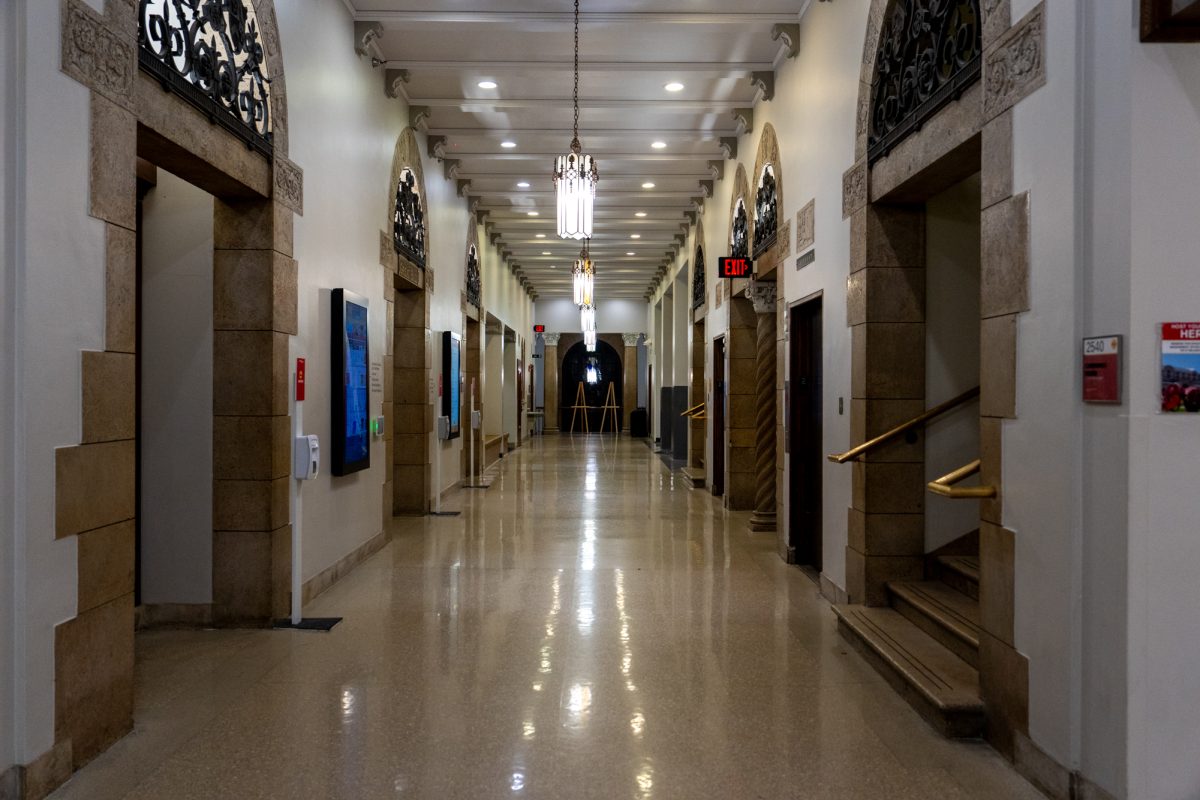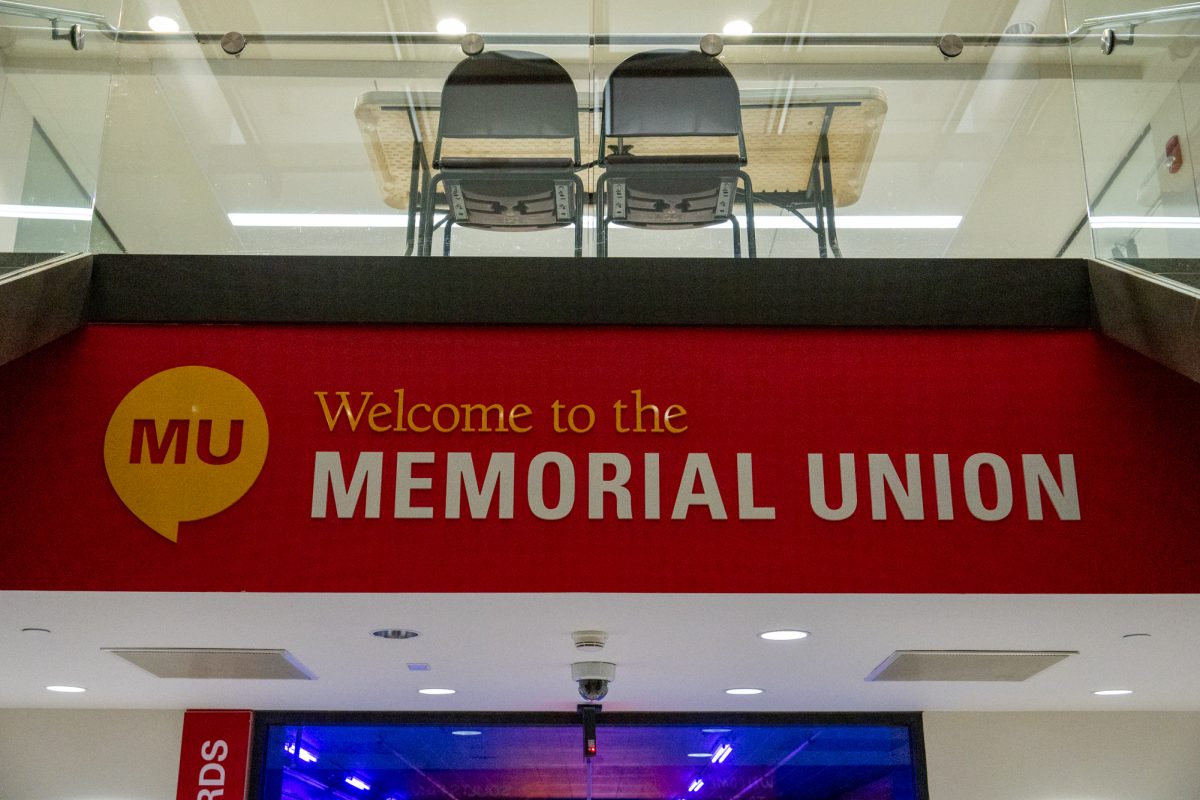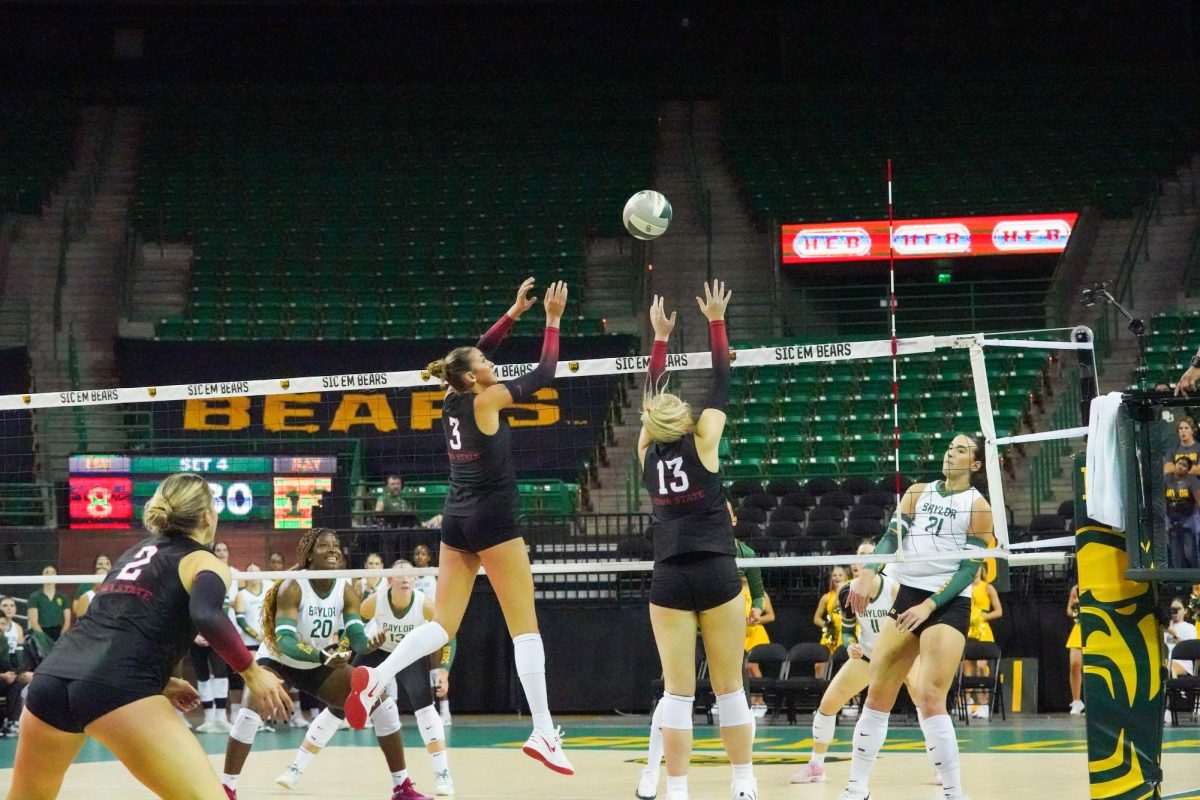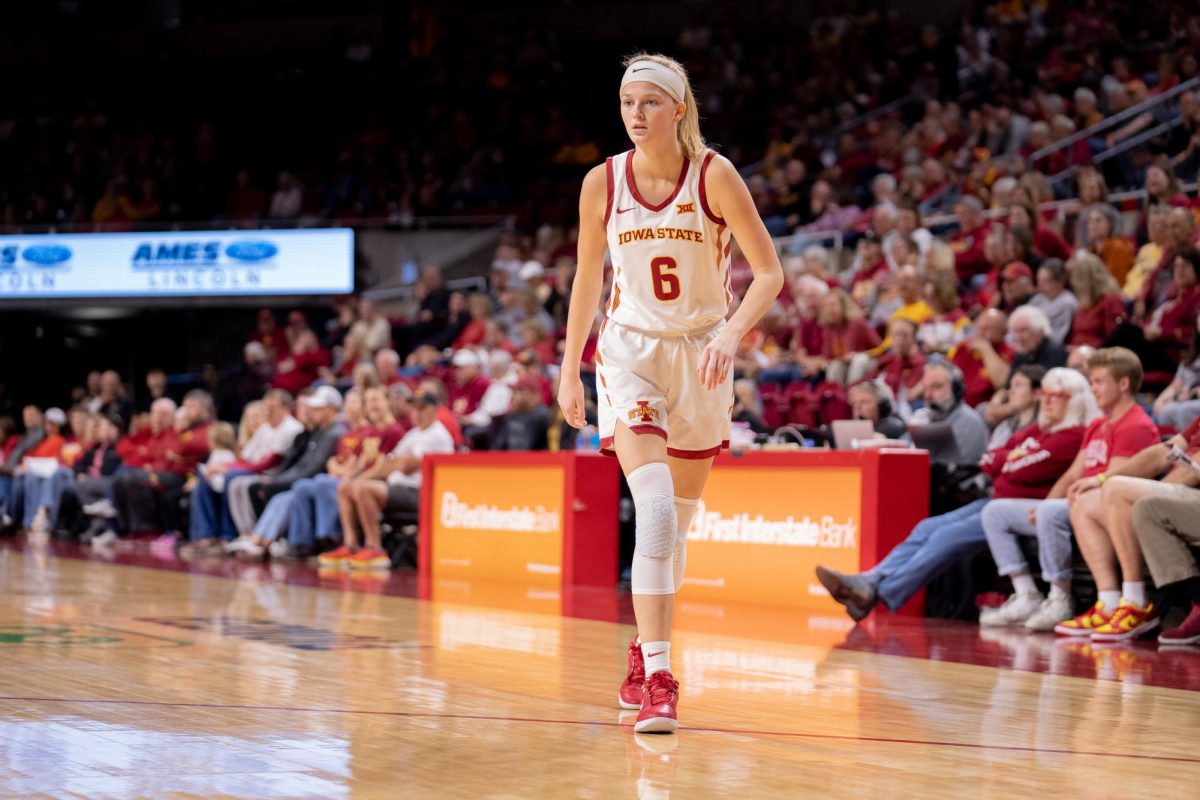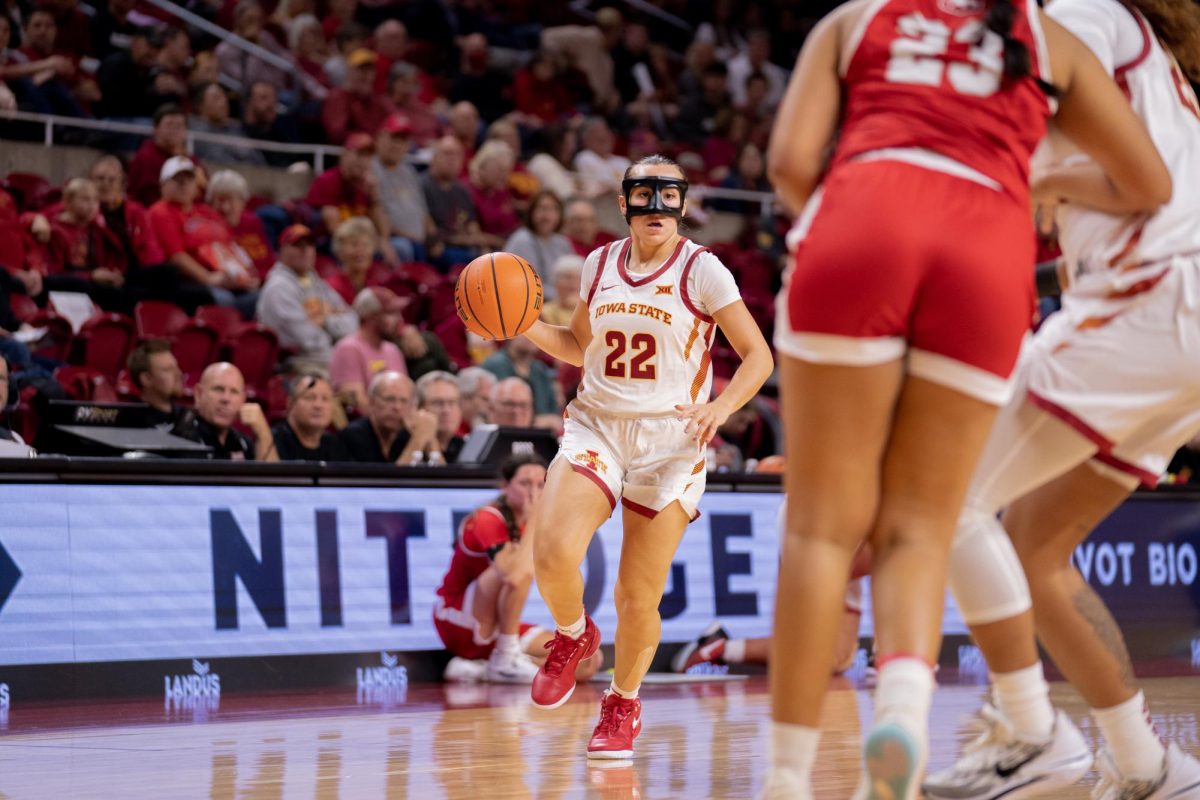ISU athletics setting example in the classroom
July 22, 1997
Iowa State’s 62 percent student-athlete graduation rate for the 1990-91 freshman class is the highest mark in the Big 12 conference. Of the student athletes who came as freshmen from 1987-88 to 1990-91, 61 percent graduated, and this is also the highest percent in the Big 12. It is the second consecutive season where ISU lead both categories, according to NCAA statistics.
Students who entered ISU between 1983 and 1991 completed their collegiate athletic eligibility at a rate of 90 percent, which is another Big 12 topper.
“I think these figures underscore the effort we have made to provide the best environment for our student athletes to succeed in the classroom, said ISU athletic director Gene Smith.
“Our performance has been consistent over a considerable period of time. We will continue to work to ensure our student athletes are given the best chance to make their mark at Iowa State and after graduation,” he said.
The 62 percent six-year graduation rate for ISU students who were part of the 90-91 freshman student-athlete class is, in fact, higher than the overall graduation rate for that class, which is 60 percent. It is also slightly higher than the mark for the 89-90 student-athlete freshmen class, which was 59 percent.
The rate for female athletes, 73 percent, was also higher than the overall female graduation rate by 10 percentage points. Only 63 percent of female students at ISU graduate in six years.
The male student-athlete graduation rate is about the same as the overall male rate: 57 percent compared to the overall 58 percent. The men’s athletic rate enjoyed an 8 percent rise from last year. However, it is still not as high as two years ago, when the rate was 59 percent.
The football graduation rate rose, as it has for the past five years, to 64 percent. This is a 1 percent rise over last year and a 10 percent rise from two years ago.
The men’s basketball rate was 67 percent.
Though all three members of the class graduated, Skip McCoy transferred and received his degree from New Mexico State. However, the NCAA does not recognize transfers who graduate as contributors to the graduation rate of the original institution.


